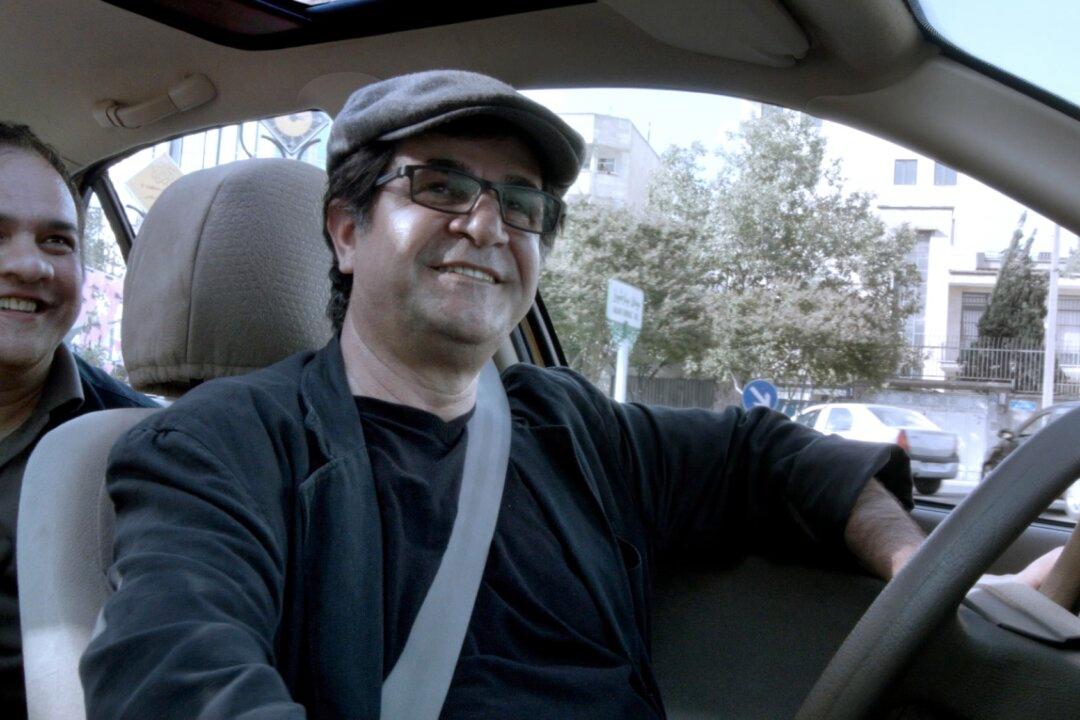TORONTO—There is a stark moment in many Iranian films. It comes at the very end, when the screen goes black and the credits should start to roll, but they don’t.
They can’t. These films are made surreptitiously by those who speak truth to film projector. These are actors and directors who face prison or worse because they show things that are not to be shown.
“Jafar Panahi’s Taxi” is one such film, and it is done with skill and alacrity.
Made by the famed Iranian director Jafar Panahi, “Jafar Panahi’s Taxi” is a statement disguised as reality TV—an unsanctioned film made in a country with written and unwritten rules on filmmaking that audiences are schooled in by Panahi’s precocious niece.
At least she plays his niece, but her real name remains a secret. The only person to be named and known in the film is the taxi driver, Panahi.
It’s a unique take on filmmaking, almost like a version of “Cash Cab,” if you’ve ever seen this particular low-budget game show. But this is done masterfully. Panahi is one of Iran’s most celebrated filmmakers, though he isn’t supposed to be making films anymore, we learn.
Beginning with what seems to be uncertain jest, we move in a yellow cab fit with cameras to capture its passengers and driver.
What unfolds is an almost Forrest Gump-like series of coincidences that lead us toward an understanding of what it means to be a filmmaker or a criminal in Iran, and just what exactly Panahi himself thinks about that situation.
The statement this film makes is not subtle, but it is well done. We meet those who make their living smuggling film and music, turning a dangerous profit from trade in censored products like the fifth season of a popular American drama.





